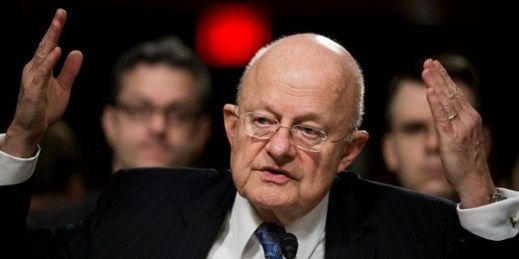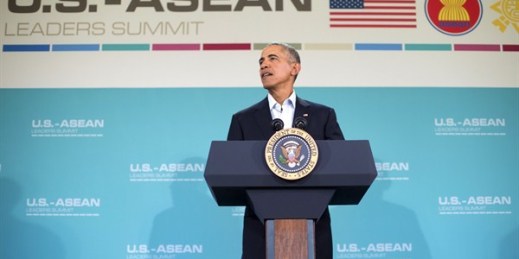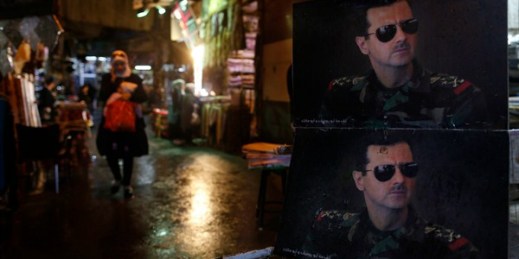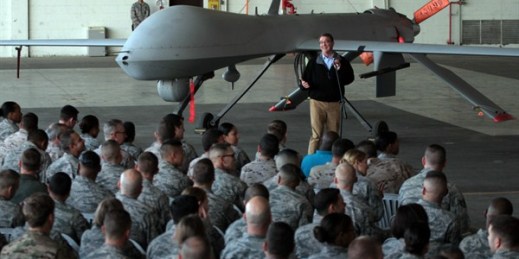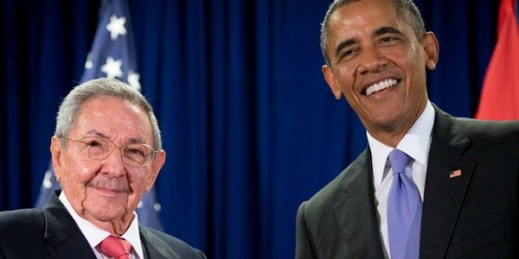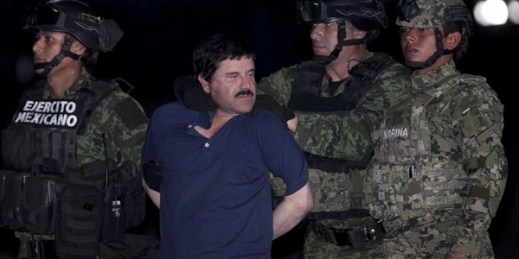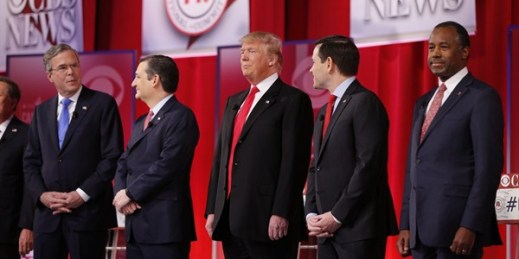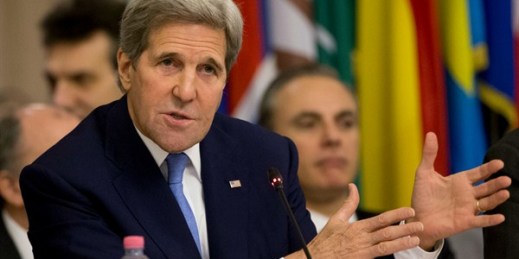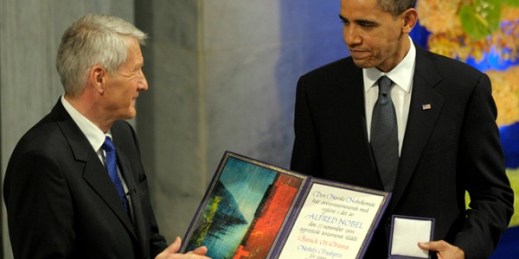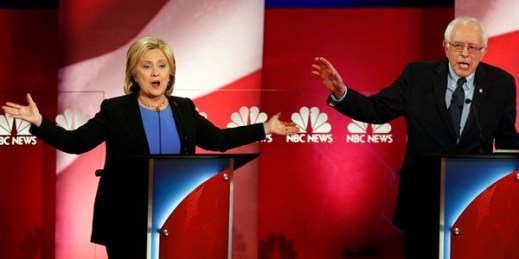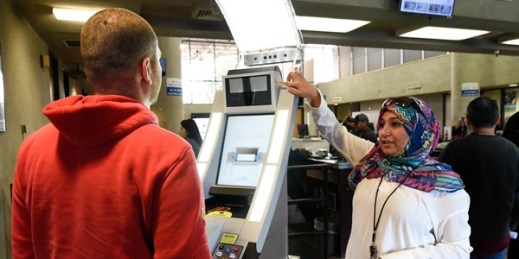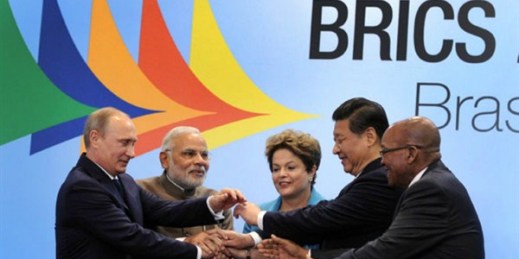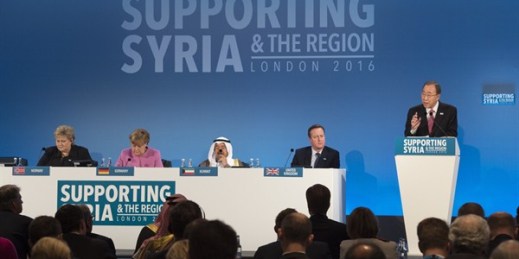
In this week’s Trend Lines podcast, Ellen Laipson, president emeritus of the Stimson Center and a WPR weekly columnist, joins host Peter Dörrie for a discussion on current trends in the international system, including the changing roles of the United Nations, regional powers and the United States in crisis management and conflict resolution. Listen: Download: MP3Subscribe: iTunes | RSS Relevant WPR articles: For Gulf States, Forging National Identity Trumps Regional Integration In War Against the Islamic State, U.S. Values Must Not Be a Casualty U.N. Peacemakers Wind Up Tough Year With a Flurry of Progress Can Regional Powers Mediate the […]

